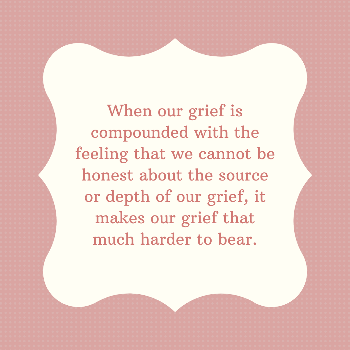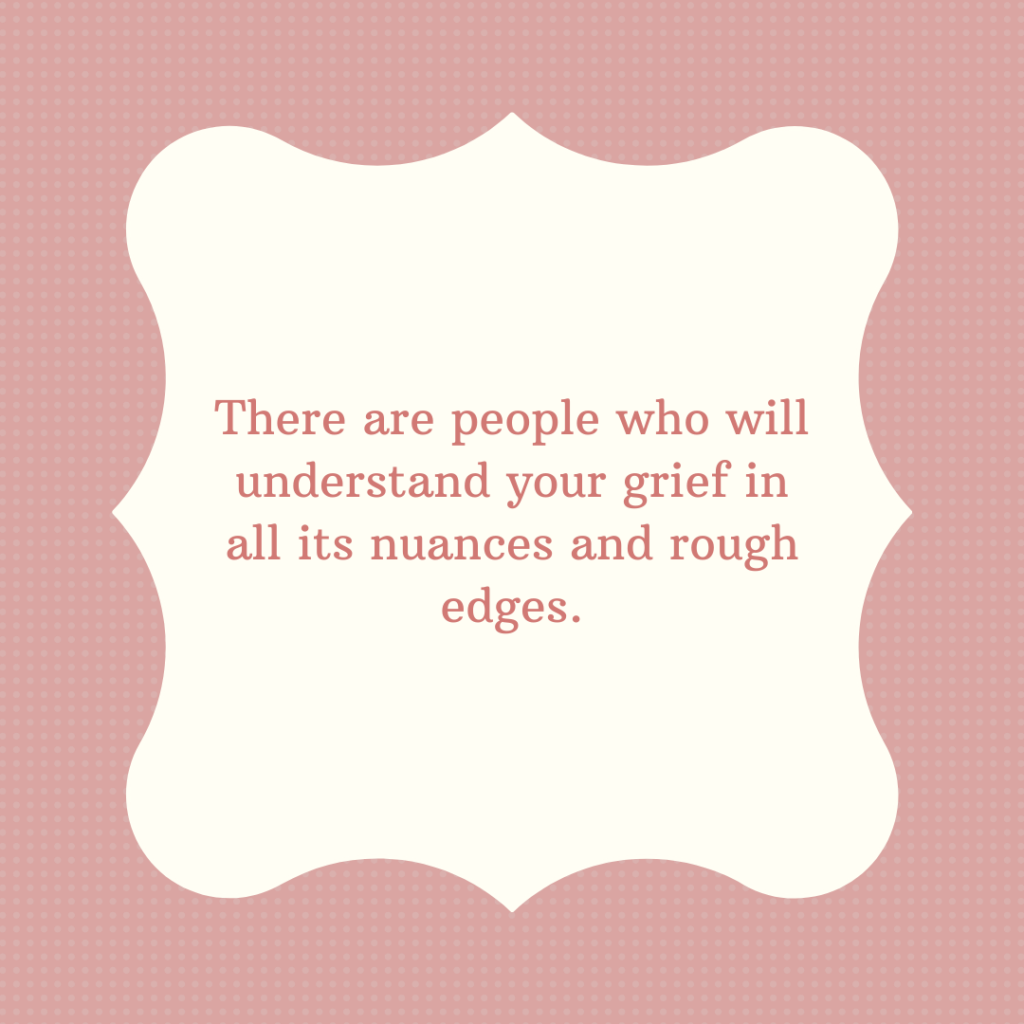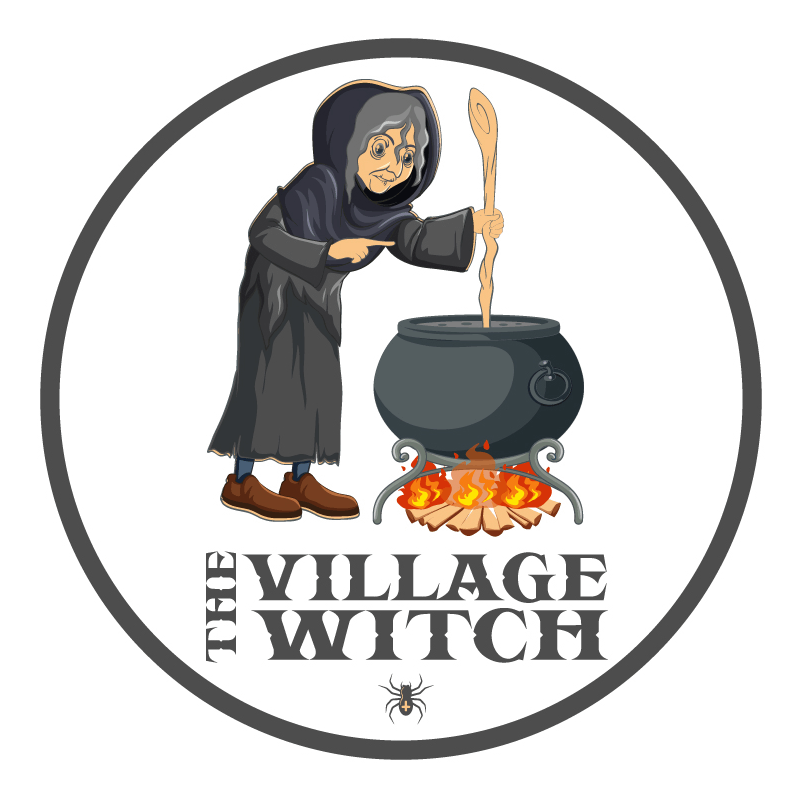Let’s talk about disenfranchised grief. This term was defined in 1989 by Kenneth Doka to describe the grief that goes unacknowledged by one’s community. Some examples might include pregnancy loss, the death of a pet, the milestone anniversary of a relationship that has ended, missing an important celebration, or the death of an important mentor. For many of us, these losses are known to our community but we may not feel supported in our grief or we may even feel that our grief is unwelcome.

There are also times when we are facing a loss that is not even known to parts of our community. For example, if our relationship structures and dynamics are outside of mainstream expectations, we may have a wide circle of friends and family that only have a superficial understanding of our relationships or don’t know about them at all. This can make breakups, changing dynamics, or loss very difficult. When our grief is compounded with the feeling that we cannot be honest about the source or depth of our grief, it makes our grief that much harder to bear.
Collectively, we are facing a wave of disenfranchised grief from losses during the pandemic. As we continue to cope with death, lost income and housing, lost community, lost rites of passage, there is so much grief that is falling by the wayside. It’s easy to feel that losing our standing neighborhood happy hour does not deserve much attention compared to unspeakable loss of life, or that losing touch with friends because we all got tired of texting is not something we should be upset about compared to layoffs and businesses closing. But grief is not a competition, and we are not required to disenfranchise our own grief by designating it as less worthy of being felt.

And in so many ways, the polarization that many of us have experienced during the pandemic makes our grief so much more complicated. A common experience is feeling anger at a loved one who has died because we think they should have sought medical care sooner, or should have made more changes to their lifestyle, or perhaps should have sought a second opinion. Now add to that the anger we might feel because someone refused a vaccine. Add to that the shame we might feel, the fear of judgment, the fear that our community will reject us because of someone else’s choices. Add the fear that we might be responsible for someone else’s illness. We can all imagine countless ways that our grief can become a tangled mire of painful emotions, and we can all imagine struggling to find as we experience this grief.
So, what are we to do with this disenfranchised grief?

The first step is to understand that we are not alone. Grief is always unique, and grief is always the same. No one will ever feel exactly like you do, and everything you feel has been felt before. When we expand the perimeters of ourselves, we will always find that we have more in common with one another than we knew, and that is especially true in our grief. We cannot find or create community to support us in our grief if we believe that no such community can exist. In order to seek empathy, we must believe that our experience can be shared and understood.
The second step is to tell the truth. This can seem impossible for those of use who are not accustomed to vulnerability. That is perfectly normal; this is a skill that must be learned just like any other form of communication. But it is not impossible. There will always be people who do not understand you, whether you are grieving or rejoicing; this does not mean that they are flawed and it does not mean that you are flawed. Sometimes the people who do not understand will still listen and believe you, and sometimes they will not; this is also not a flaw. And then there are the people who will understand your grief in all its nuances and rough edges. You may find these people in surprising places. We are allowed to look for people who we can trust with our whole selves and we are allowed to make mistakes in who we trust. Sometimes, we may decide that the only ones to whom we will bring all the twists and turns of our grief are ourselves and the bees; this is also permitted. And we may find that we learn to be that person for others.

There is strength and healing, for ourselves and for others, when we allow our vulnerability to be the beginning of a community in grief.
